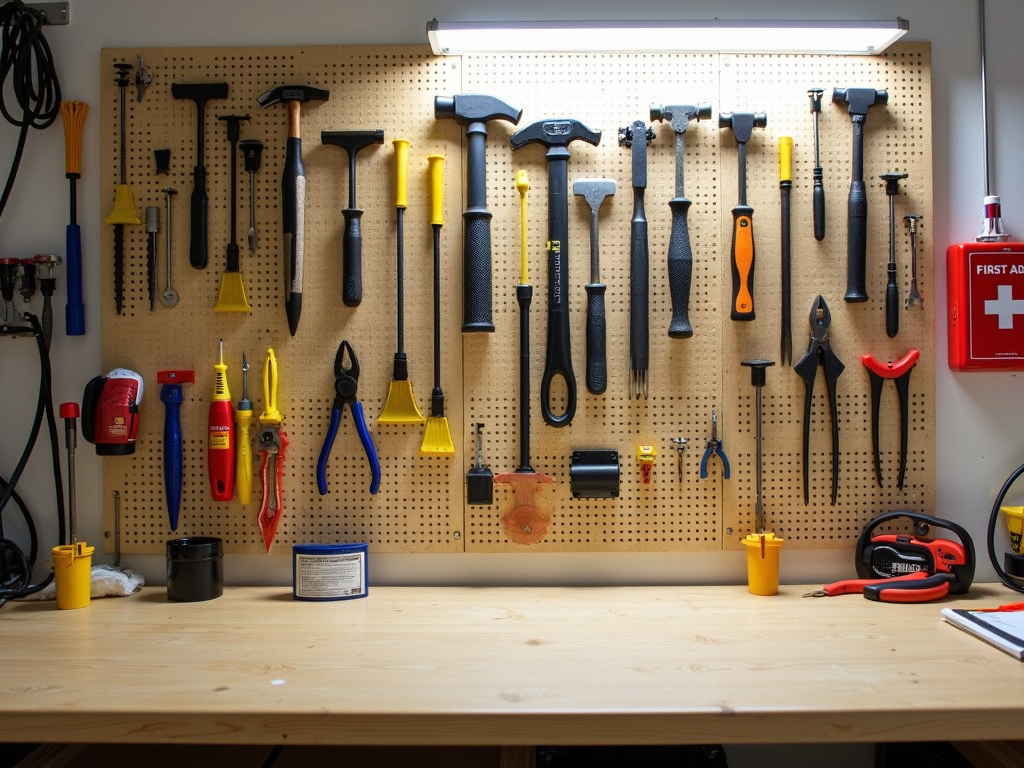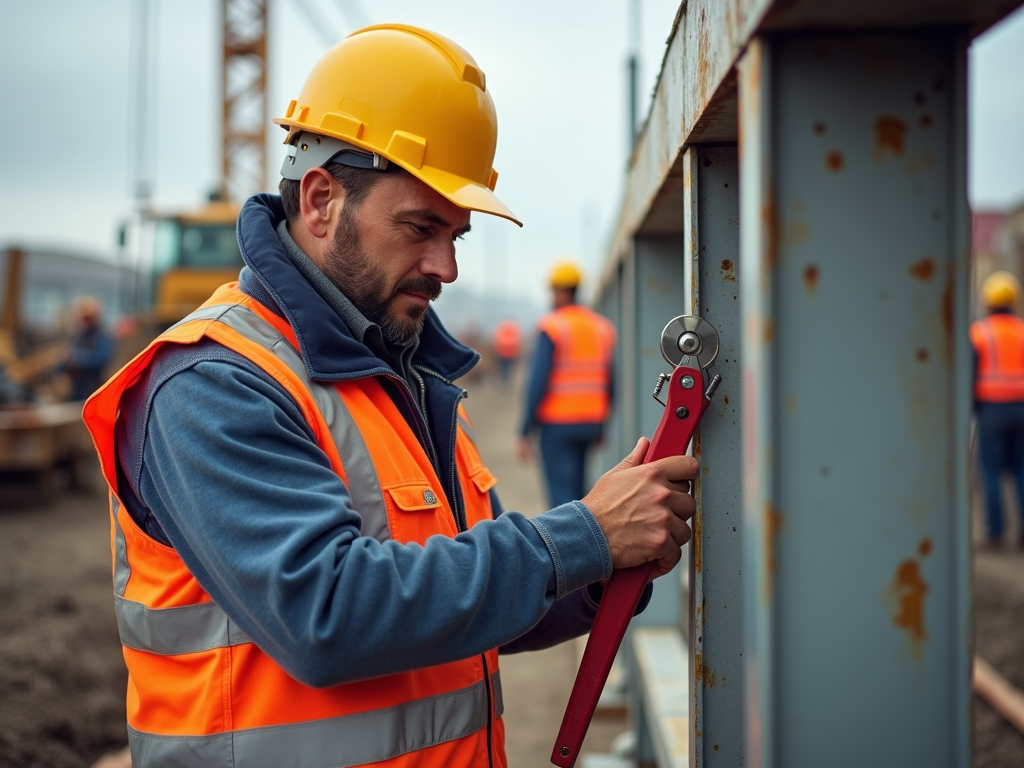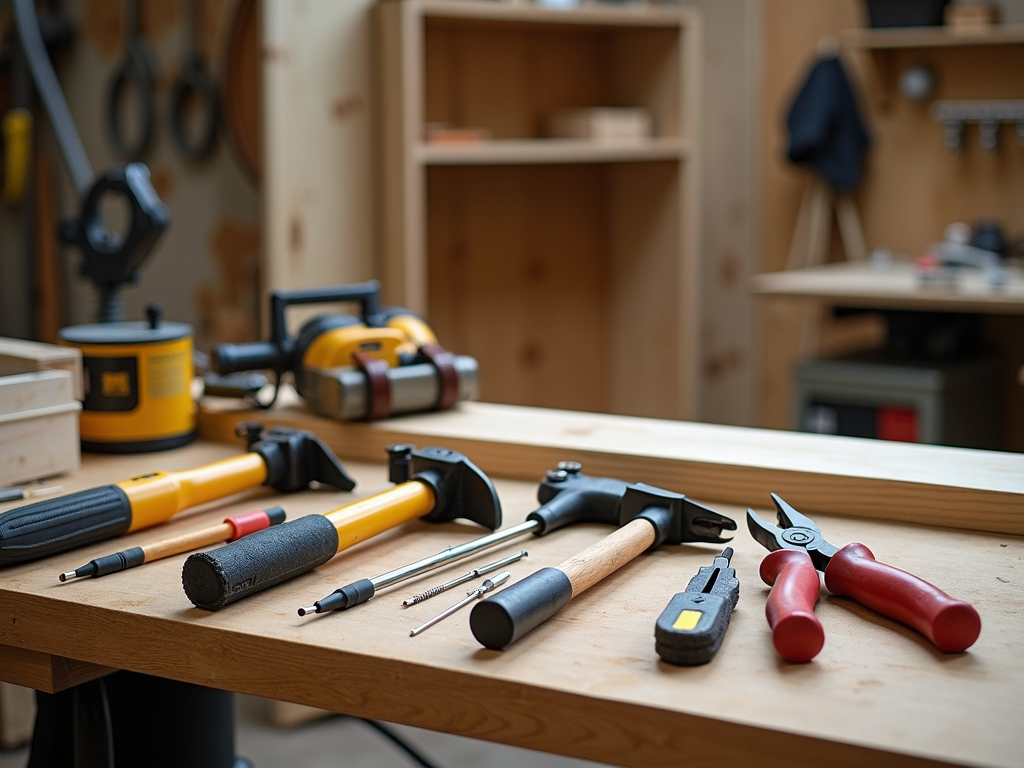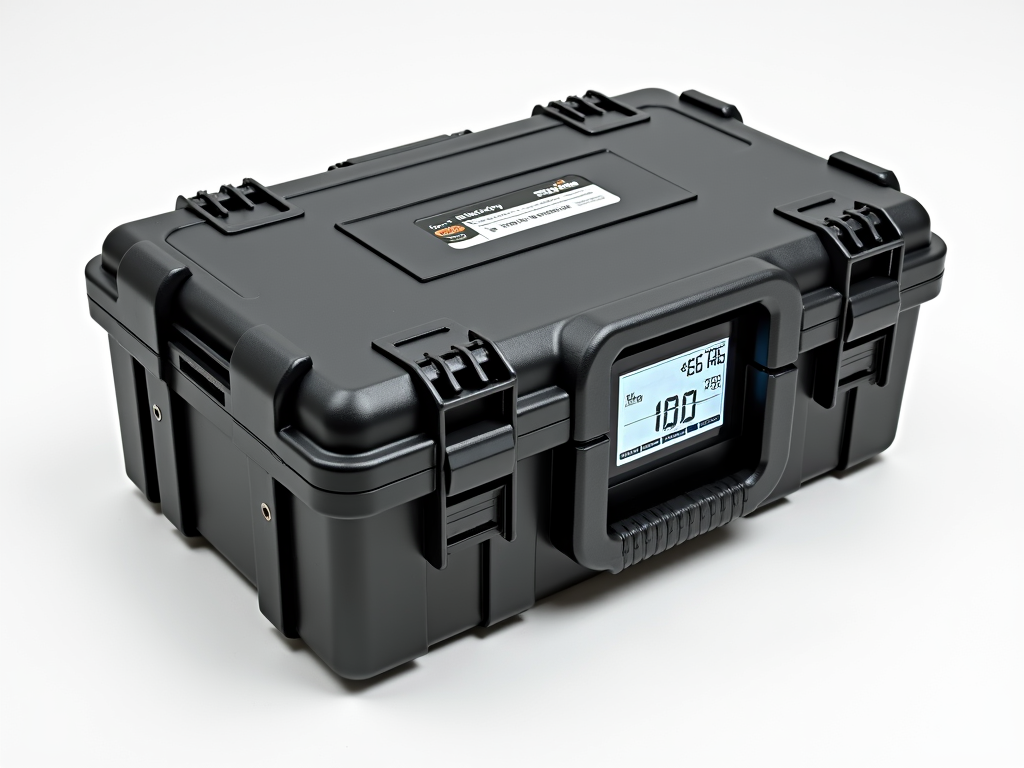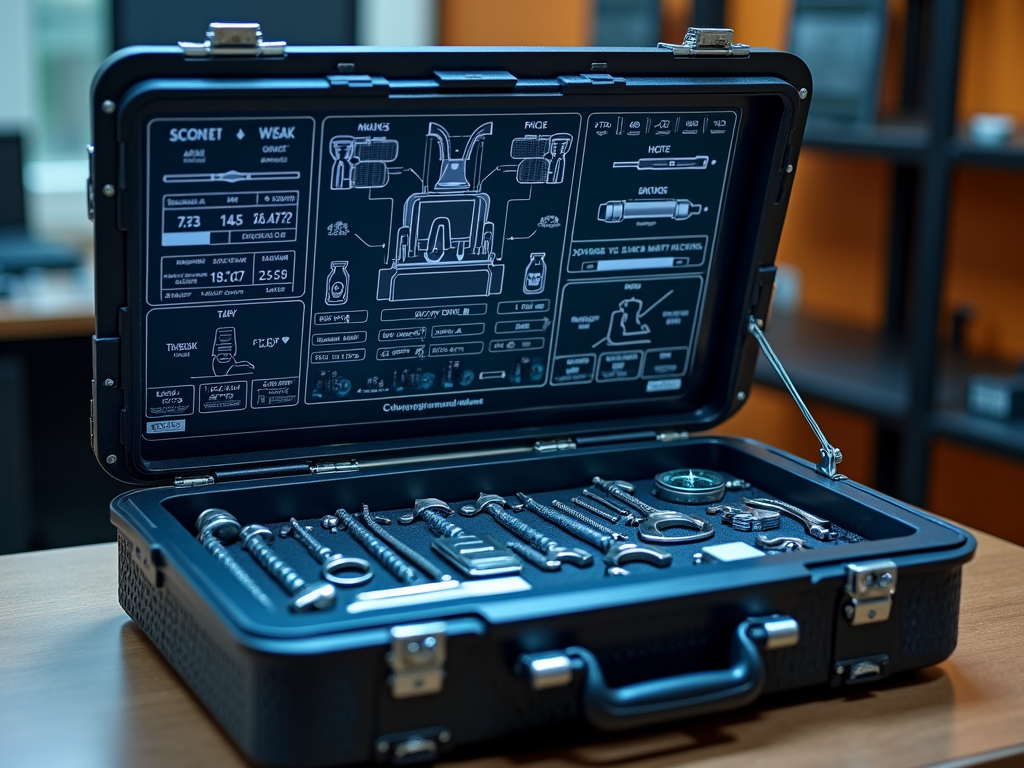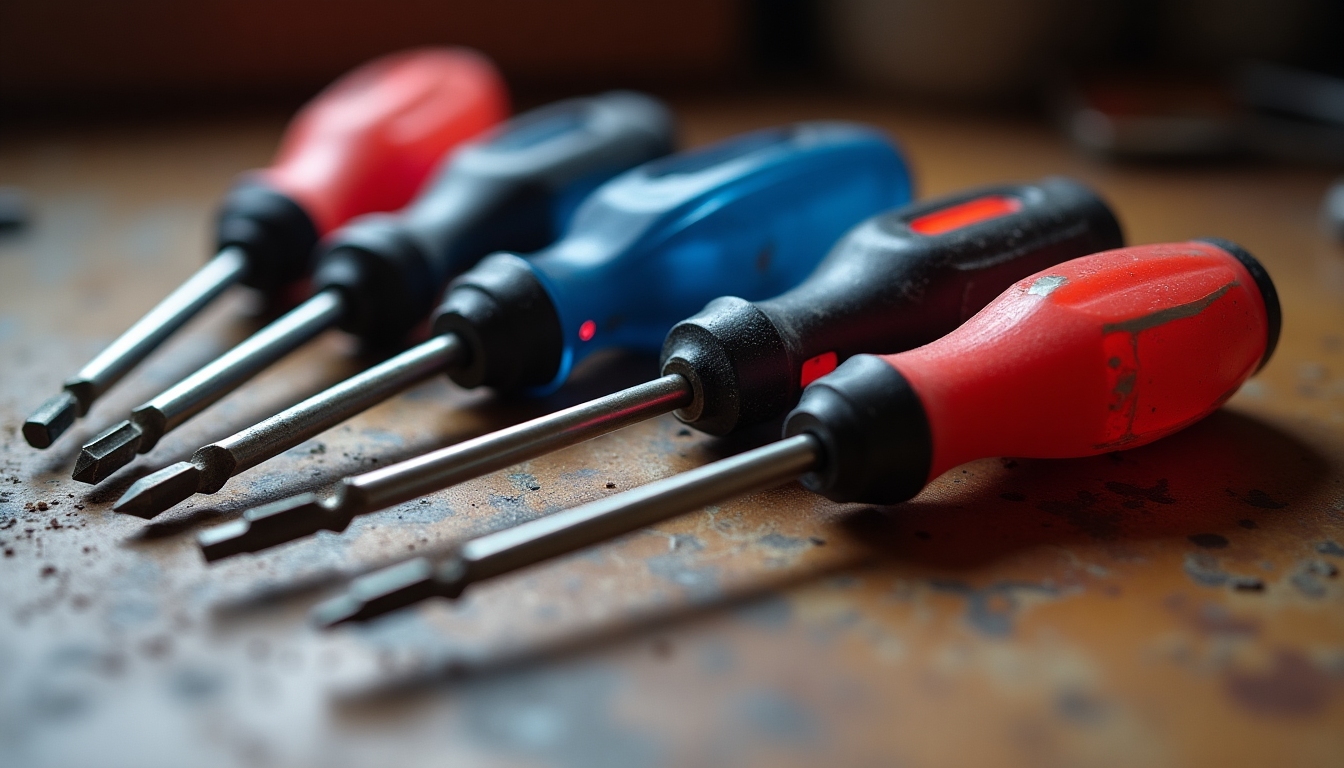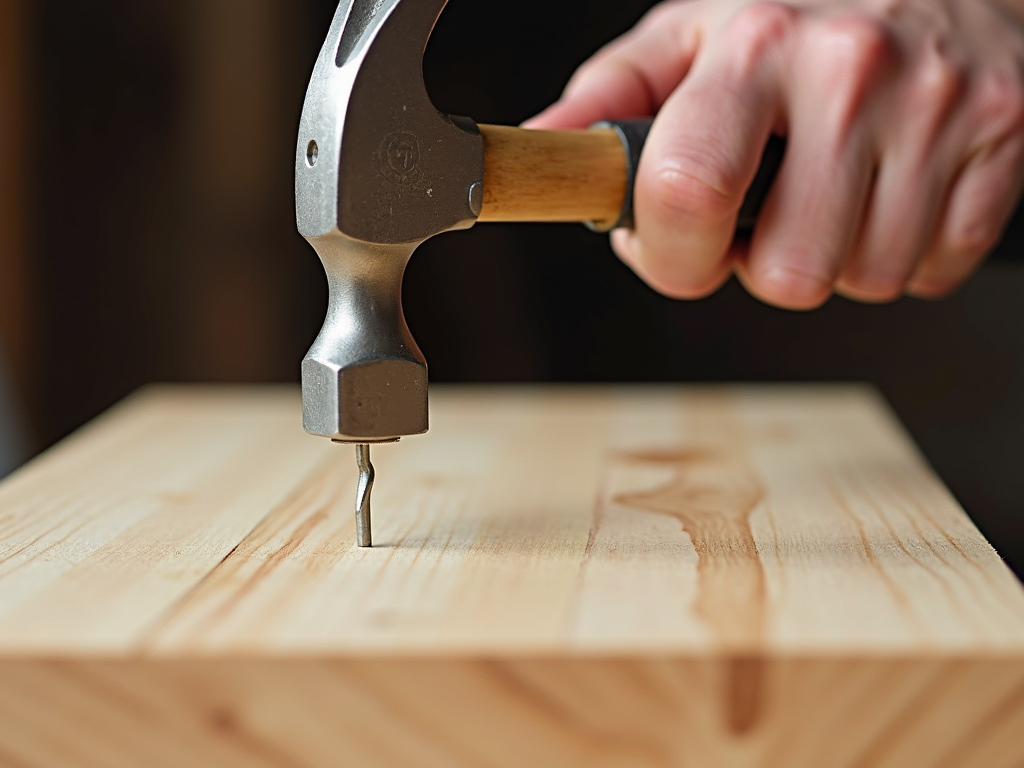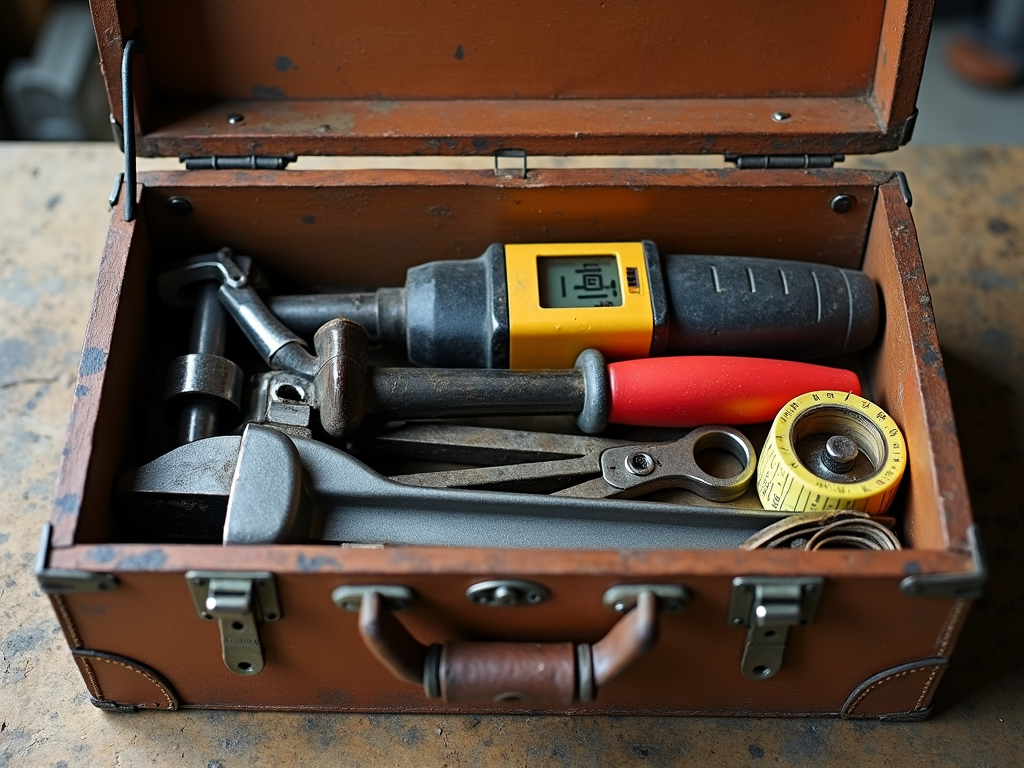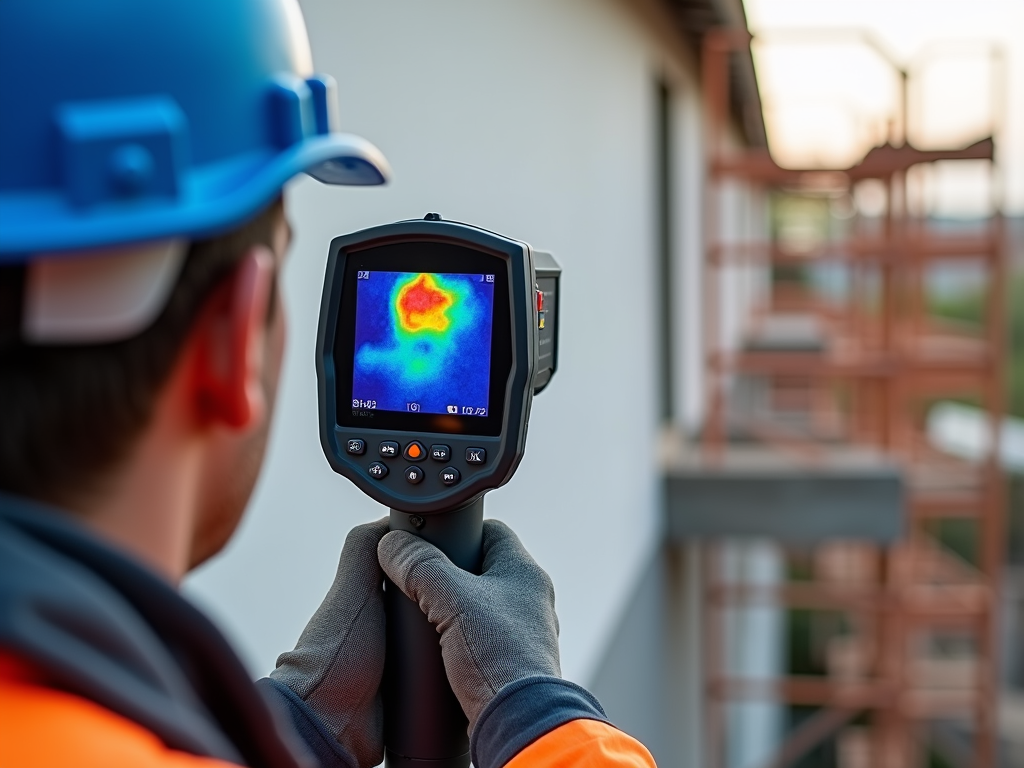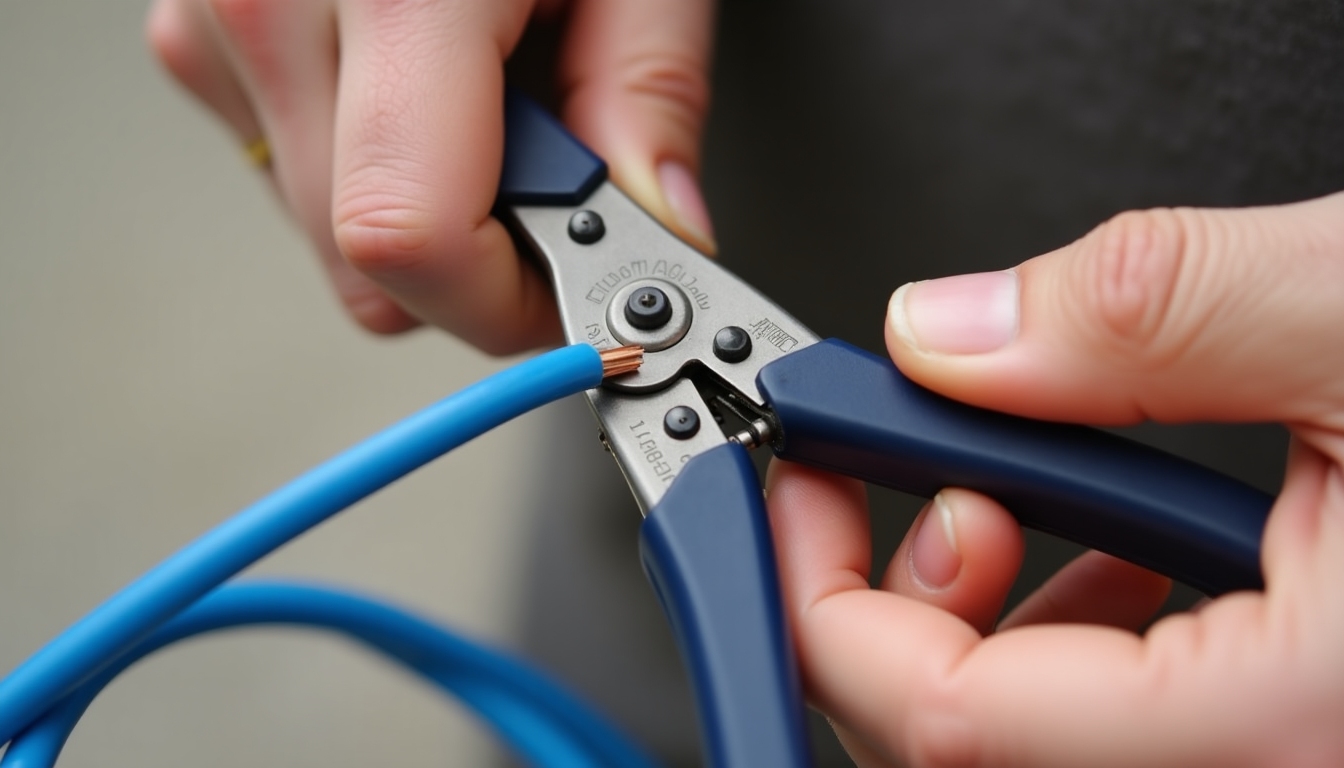As a contractor, your tools are your lifeline. They’re not just equipment; they’re extensions of your skills, helping you turn blueprints into reality. But with so many options out there, how do you know which tools are worth your hard-earned money? That’s where this guide comes in. Whether you’re a seasoned pro or just starting out, we’ll walk you through the must-have workman tools that can make or break your projects. From choosing the right wrench to tackling DIY projects, we’ve got you covered. Let’s dive in!
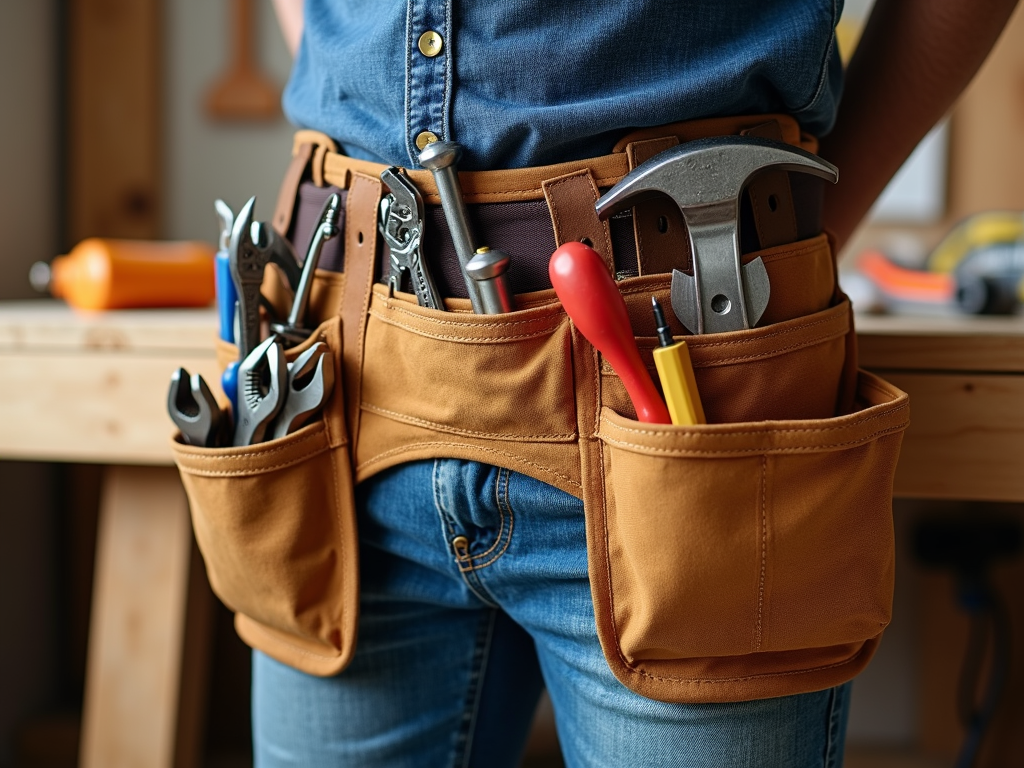
Why Quality Tools Matter
You’ve probably heard the saying, “You get what you pay for.” When it comes to tools, this couldn’t be truer. Investing in top-quality workman tools for contractors isn’t just about durability—it’s about efficiency, safety, and precision. A cheap wrench might save you a few bucks upfront, but when it slips or breaks mid-job, it could cost you time, money, and even your reputation. Quality tools are designed to withstand the rigors of daily use, giving you peace of mind and better results. Plus, they often come with warranties, so you’re covered if something goes wrong.
Essential Tools Every Contractor Should Have
No two jobs are the same, but there are some tools that every contractor should have in their arsenal. Here’s a quick rundown:
- Hammer: For driving nails and demolition work.
- Screwdrivers (Flathead and Phillips): Essential for assembling and disassembling.
- Tape Measure: Precision is key in any project.
- Level: Ensures your work is straight and even.
- Utility Knife: For cutting materials like drywall or insulation.
- Pliers: Great for gripping, bending, and cutting wires.
- Wrenches: More on these later!
These are just the basics. Depending on your specialty, you might need more specific tools, but this list is a solid starting point.
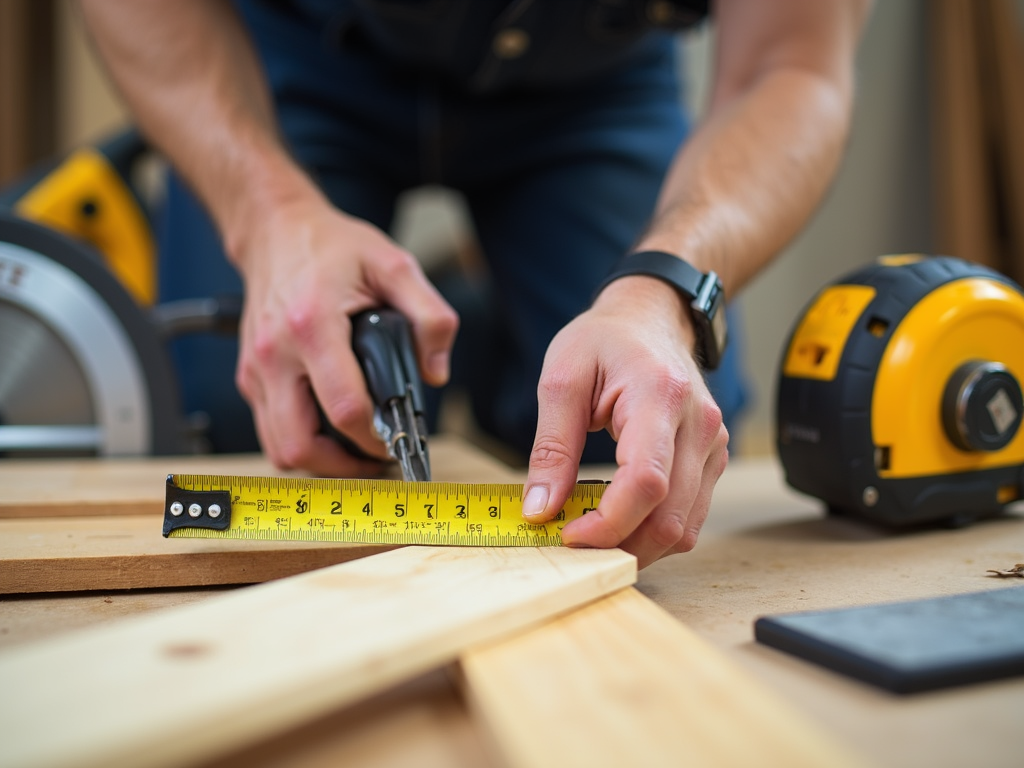
Choosing the Right Wrench for Your Projects
Wrenches are a contractor’s best friend when it comes to tightening or loosening nuts and bolts. But with so many types available, how do you choose the right one? Here’s a breakdown:
- Adjustable Wrench: Versatile and can fit various sizes, but not as secure as fixed wrenches.
- Combination Wrench: Has both an open and a box end, offering flexibility.
- Socket Wrench: Ideal for tight spaces and provides a strong grip.
- Torque Wrench: Essential for jobs requiring specific torque settings, like automotive work.
When selecting a wrench, consider the type of projects you’ll be working on. For general use, a good set of combination wrenches is a must. If you’re dealing with plumbing or tight spaces, an adjustable wrench might be your go-to. And for precision work, a torque wrench is indispensable.
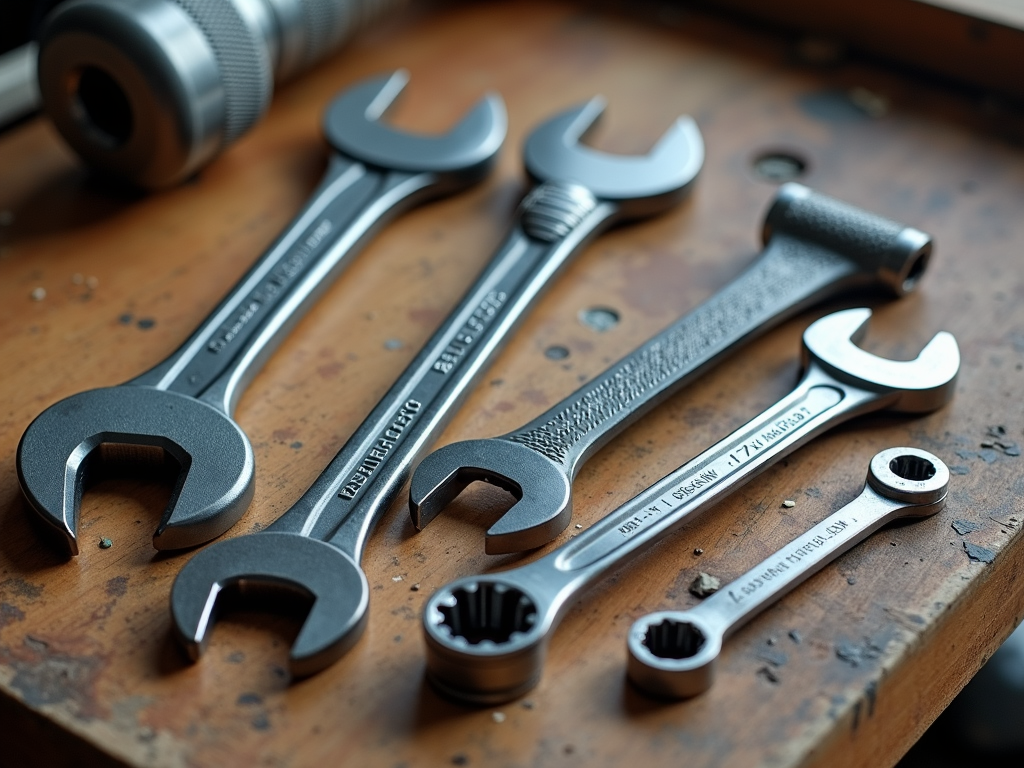
DIY Project Ideas to Hone Your Skills
Even the most experienced contractors started somewhere. DIY projects are a great way to practice your skills and get comfortable with your tools. Here are a few ideas to get you started:
- Build a Workbench: A sturdy workbench is a contractor’s best friend. Plus, it’s a great way to practice measuring, cutting, and assembling.
- Install Shelving: Perfect for practicing leveling and securing items to walls.
- Create a Garden Box: This project involves measuring, cutting, and joining wood, plus it’s a great way to add some greenery to your space.
- Repair Drywall: Patching holes or cracks in drywall is a common task that helps you master taping, mudding, and sanding.
These projects not only help you improve your skills but also give you a sense of accomplishment. And who knows? They might even lead to bigger opportunities.
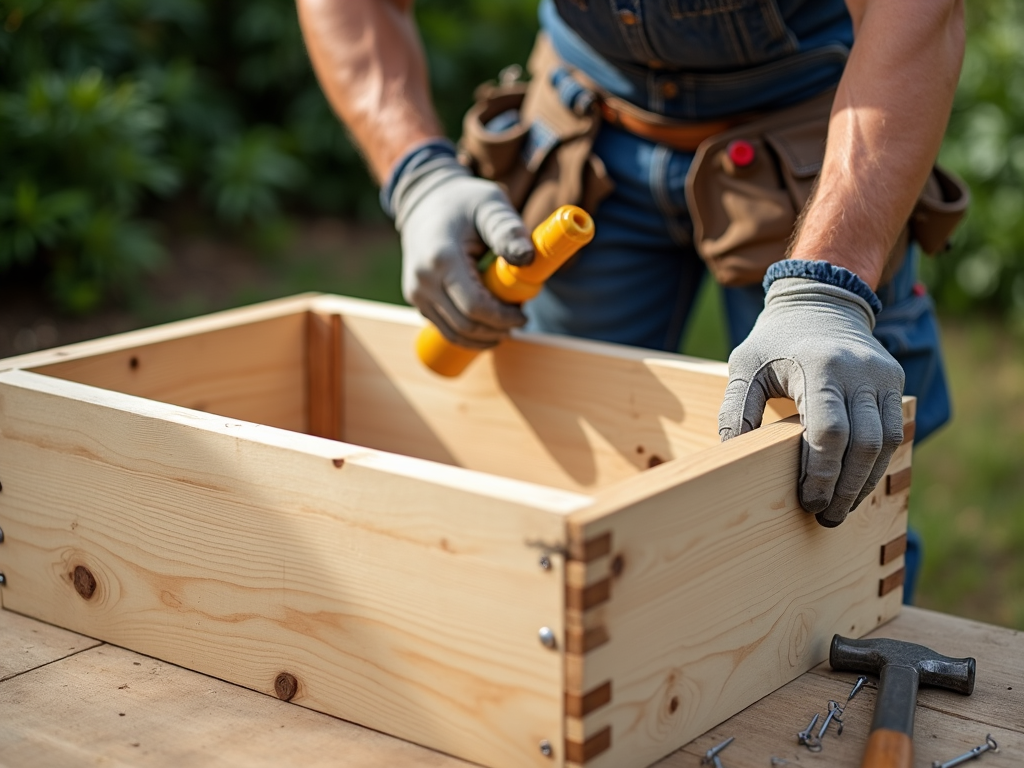
Tips for Maintaining Your Tools
Your tools are an investment, and like any investment, they need proper care to last. Here are some tips to keep them in top shape:
- Clean After Use: Dirt and debris can cause rust and wear. Wipe down your tools after each use.
- Store Properly: Keep tools in a dry, organized space. Toolboxes or pegboards are great options.
- Sharpen Blades: Dull blades are not only inefficient but also dangerous. Regularly sharpen knives, chisels, and saws.
- Lubricate Moving Parts: A little oil goes a long way in preventing rust and ensuring smooth operation.
- Inspect Regularly: Check for signs of wear or damage, and replace or repair as needed.
Taking care of your tools isn’t just about longevity—it’s about safety and performance. A well-maintained tool is a reliable tool.
The Role of Technology in Modern Tools
Gone are the days when a hammer and nails were all you needed. Today’s contractors have access to a wide range of high-tech tools that can make jobs easier, faster, and more precise. Here are a few examples:
- Laser Levels: For pinpoint accuracy in leveling and alignment.
- Cordless Drills: Offer mobility and convenience without sacrificing power.
- Digital Tape Measures: Provide quick, accurate measurements with the push of a button.
- Smart Tools: Some tools now come with Bluetooth connectivity, allowing you to track usage, battery life, and even locate them if they’re misplaced.
While these tools can be a game-changer, they’re not a substitute for skill and experience. Use them to enhance your work, not replace the fundamentals.
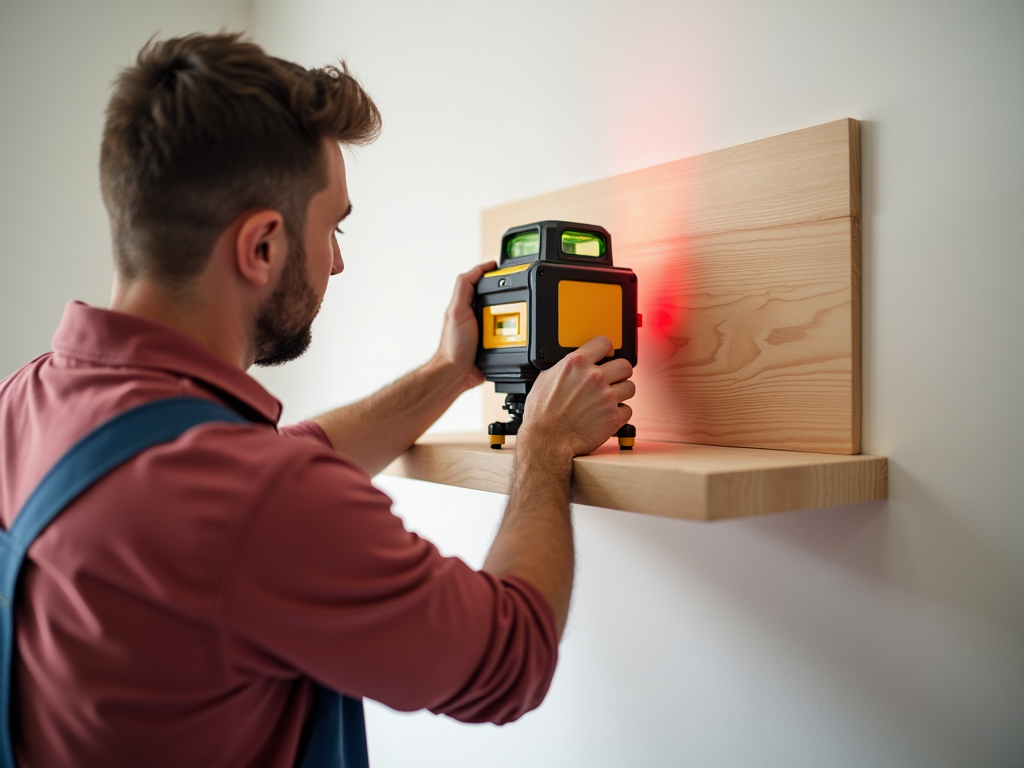
How to Build Your Tool Collection
Starting from scratch? Building a tool collection can feel overwhelming, but it doesn’t have to be. Here’s a step-by-step approach:
- Start with the Basics: Invest in high-quality versions of the essential tools mentioned earlier.
- Add Specialty Tools as Needed: As you take on more diverse projects, gradually add tools specific to those tasks.
- Prioritize Quality Over Quantity: It’s better to have a few reliable tools than a toolbox full of cheap, unreliable ones.
- Consider Tool Sets: Many brands offer sets that include multiple tools at a discounted price. Just make sure they’re from a reputable brand.
- Don’t Forget Safety Gear: Tools aren’t just about building—they’re also about protecting yourself. Gloves, goggles, and ear protection are must-haves.
Remember, your tool collection will grow with your skills and experience. There’s no need to rush it.
Wrapping It Up
Whether you’re tightening a bolt or building a house, the right tools can make all the difference. By investing in quality, choosing the right wrench for the job, and maintaining your tools properly, you’ll set yourself up for success. And don’t forget to keep honing your skills with DIY projects—they’re a great way to stay sharp and maybe even discover a new passion. So, what are you waiting for? Grab your tools and get to work!
Related The Ultimate Guide to Workman Tools for Contractors:
- The Ultimate Guide to Hand Tools Safety Guidelines
- Best Wrench Sets for Construction Workers: Top Picks for 2023
- DIY Projects: How to Choose the Right Tools for the Job
- Maximizing Efficiency with Smart Toolboxes
- Innovative Workman Tools for Efficiency: A Comprehensive Guide
- Top 10 Must-Have Tools for Construction Workers
- Choosing the Right Tools for Your Trade
- Must-Have Hand Tools for Every Beginner: A Comprehensive Guide
- Essential Workman Tools for Plumbing and Maintenance: A Comprehensive Guide
- What’s New in Workshop Tech for 2024: Innovations Shaping the Future
- The Role of Thermal Imaging in Modern Industry
- Comprehensive Guide to Workman Tools for Beginners
